
The Board of Directors for Westlake Municipal Utility District No. 1 (“Westlake MUD 1”) would like to inform Residents on how to stay warm and ensure your home is prepared for this winter season.
Although Texas winters can be mild compared to other parts of the country, it can also be very unpredictable. We never know when the next blast of icy weather may blow through and if we aren't prepared, our homes may suffer from the sub-freezing temperatures. Ensuring your home is prepared inside and out is easy and effective with a few simple steps. Please don’t wait for the next big winter storm; it’s important to have these steps completed before the cold weather arrives!
Gutters
Gutters direct rainwater, snow, and ice away from your roof to prevent water damage to your home. Any clogs or debris could prevent your gutters from draining properly and can cause ice dams. Ensure your gutters are clean and inspect them for any damage.
Pipes
When the water in your pipes freezes, it expands which can cause significant damage, increase water bills, and can leave you without access to water. It is important that you set your thermostats to above 55 degrees and leave cabinet doors open to allow warm air to reach your pipes. In unheated areas, you should insulate your pipes with a protective covering.
Sprinkler Systems
Ensure your water is shut off. You can turn off your water to the system with the main valve, which you can find near your water meter. Disconnect drain hoses from outdoor spigots and open the spigots to allow the water to drain completely. For the best results, a plumbing or irrigation professional should be contacted to prevent unintended damage to your system.
Residents can:
- Turn off the shut-off valve. Most residential devices have two shut-off valves. These are typically covered in blue on the valve handles and located before and after the backflow device.
- Release the water pressure, with a screwdriver to release the water from the bleeder valves (circled in black on the image). The bleeder valves are usually located under the top of the backflow device. If the water does not stop flowing, you may not have shut the valves off completely.
- Leave the smaller bleeder valve open, this will let any remaining water in the line expand without breaking the device.
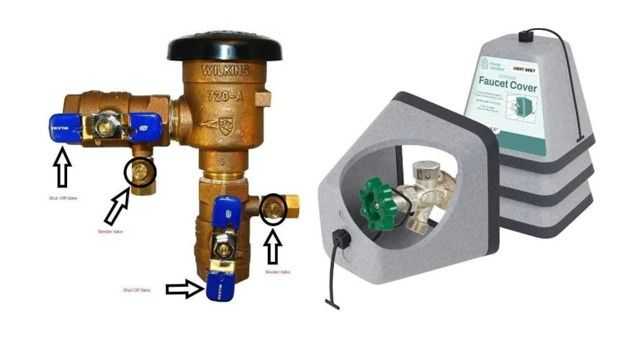
Pool
Running the pumps 24/7 is an important step in keeping the water circulating and preventing freezing. Frequently clean debris from the skimmer and talk with your pool specialist about winterizing and any chemical alterations that may be required for your pool.
Sealing gaps that can cause drafts
Begin by checking for any drafts, especially around windows and doors. Drafts can significantly impact the efficiency of your heating system. If a draft is found, seal the gaps using weatherstripping, caulking, or even rolled-up towels to prevent cold air from entering and warm air from escaping.
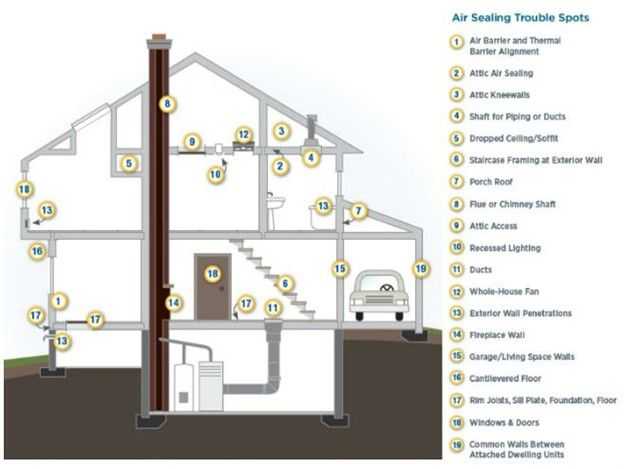
Heating systems
Begin by inspecting your air filter. Dirty and clogged air filters can strain your HVAC unit. If needed, replace your dirty filter with a new one. If possible, consult a professional to inspect your heating system to ensure it is in optimal condition. A trusted HVAC technician can tune up your system for you, investigate any issues, and make sure it’s running efficiently. Regular maintenance not only improves the efficiency of your system but also reduces the risk of breakdowns during cold spells. This is crucial when trying to avoid frozen pipes.
Last, but certainly not least it is most important to keep yourself, your family, pets, and plants warm and safe during this winter season.
People
Extremely cold weather can have a negative impact on our health. It is important to keep your head, hands, and feet covered as they are the first to be affected by the cold. Dressing in multiple thinner layers rather than one thick piece of clothing will trap your body heat and keep you feeling warmer. Keep your home warm and comfortable, and if you have two floors you may need to move downstairs to keep warm.
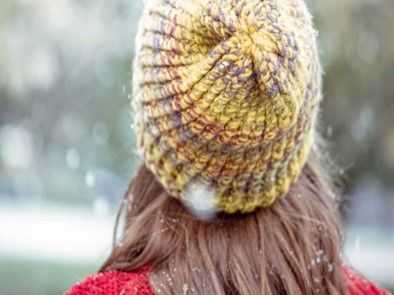
Pets
Bring pets indoors! If it’s too cold for you, it’s too cold for your pet! Pets are smaller than us and have less overall body heat, therefore more likely to succumb to hypothermia despite their fur. Bundle your dog or cat in sweaters and add extra blankets to their bed. Insulate the outdoor pet areas and create warm areas for your dog or cat.
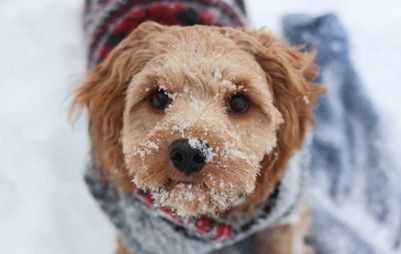
Plants
Insulating, fertilizing, and watering are the best ways to prepare your plants for winter cold snaps. Cover large plants with sheets to protect and insulate them from the cold and insulate the roots with fallen leaves or bark. Use fertilizer designed for cold weather to nourish your plants, and water plants a couple of times per week to prepare them for the cold season. Cold plants don’t always need as much water as they do in the summer, so keep an eye on soil moisture levels during the winter just as you would the summer.
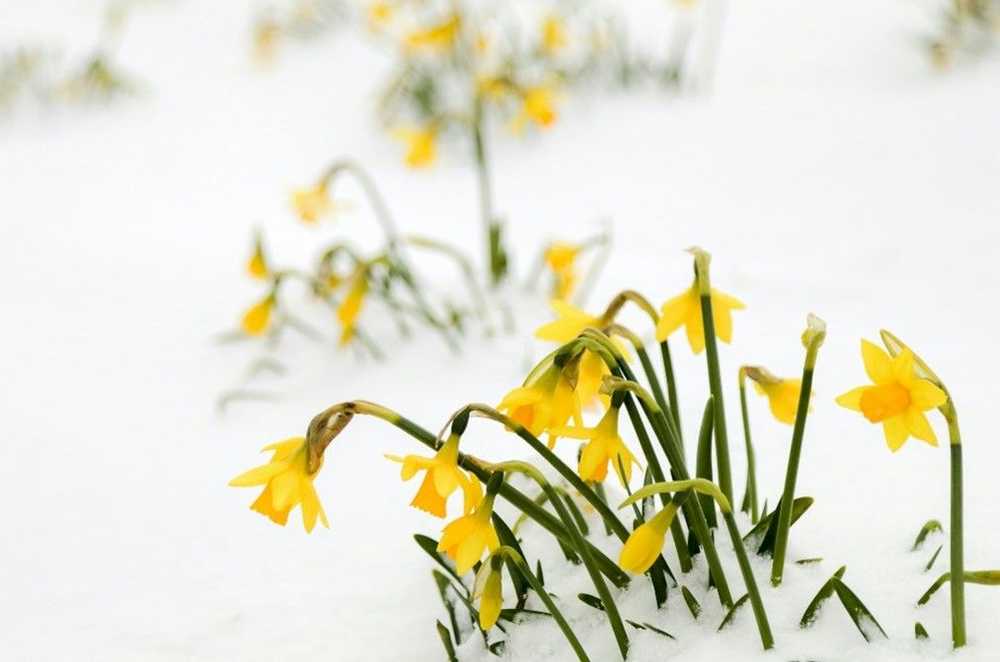
Extra Safety Tips:
- Test your smoke and carbon monoxide detectors.
- Always keep your gas tanks full.
- Check tire pressures and ensure they are at the right pressure during freezes.
- Always keep blankets, jumper cables, and a phone charger in the car in case of emergency.
- Check local road conditions at www.houstontranstar.org. State highway information is also available at www.drivetexas.org.
- Never leave a space heater unattended.
- Don’t overload outlets or breakers.
- Do not power space heaters with extension cords or power strips.
- Do not leave candles or the fireplace burning unattended.
- Always turn off space heaters when unattended or going to sleep.
- Never use an oven or stove to keep your home warm.
Winterizing your home for inclement weather is a crucial undertaking to safeguard it from potential damage and to avoid costly repairs. By diligently following these precautionary steps, you are not just protecting your property, but also ensuring the safety and comfort of those within. Stay warm, stay safe, and may your home weather this winter season with resilience.
Did you find this article helpful? Your neighbors and friends might too. Spread the news via the share button at the top of this article to Facebook, Twitter & Nextdoor!